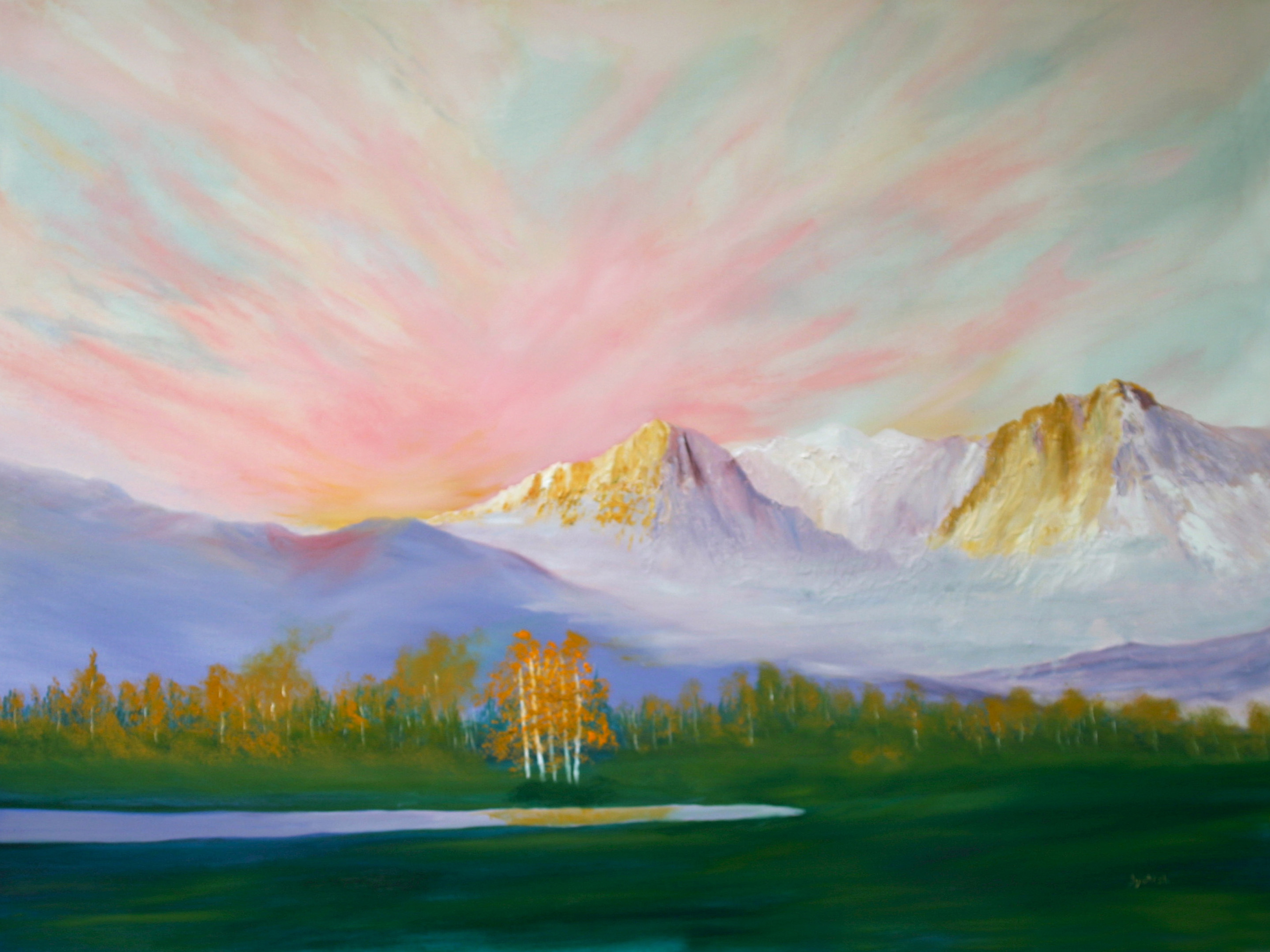I See No Stranger
The beautiful plaque on the wall of our friends’ home caught my eye. We were in Chandigarh staying with a Sikh family who are fellow disciples of Paramhansa Yogananda. They welcomed us with such graciousness and warmth that we soon felt totally at home.
The most prominent feature of the plaque that had drawn my attention was a striking drawing of the Golden Temple at Amritsar, the most sacred site for the Sikhs. What stood out the most for me, however, was a small poem at the bottom:
I see no stranger, I see no enemy; I look upon all with goodwill. . . .
The one Beloved dwells in all. Beholding this wonder, I bloom with joy.
These words were written nearly five hundred years ago by Guru Arjan Dev, the fifth guru in the Sikh lineage. It was he who built the holy temple at Amritsar, and who created the first rendition of the Sikh holy book, the Guru Granth Sahib, which is housed there. This sacred text is a collection of his own poetry, and that of others in the line of ten Sikh gurus, as well as a number of Hindu and Muslim saints.
Uplifted by the drawing of the magnificent temple and those beautiful words, I was then stunned to read about the conclusion of this great soul’s life: In 1606 Guru Arjan was tortured to death by the invading Mughal emperor Jahangir.
“How little the world has changed,” I thought. Here we are still today with Hindu against Muslim, Muslim against Christian, Christian against Jew; with racism against Blacks; with one political party against the other; with one nation against another: the list could go on and on.
How can this ever end? It is only by the upliftment of consciousness. In the teachings of India, the term “maya” is used to denote “delusion.” To bring everything into manifestation, God divided His infinite consciousness into pairs of opposites, creating light and darkness, good and evil, joy and sorrow, male and female.
The literal meaning of “maya” is the “measurer,” that which divides the undifferentiated whole into seemingly different parts. The tension created by these dichotomies keeps us engrossed in the play of life, until our souls tire of the endless cycling between conflicting opposites. Then we crave to realize the underlying unity of all things, in which we see the One Consciousness behind the many forms.

I do believe that, contrary to current appearances, the human race is moving toward this higher perspective. Personal and global suffering are helping us to see that when one is oppressed, we all are oppressed; when one loses his security or freedom, we all lose it. This awareness must come in time, because in essence we are not separate one from another. God manifested each of us out of His own consciousness; we are all equally parts of Him.
Some years ago, a friend gave us an original edition of Paramhansa Yogananda’s book of poetry, Songs of the Soul, which was signed by him personally. His inscription reads: “There is one breath that enlivens all strange lands and strangers. Under one sky we live watched by One Father. With my blessings, Swami Yogananda, Oct. 20, 1924.”
May we all awaken to that consciousness in which, blessed by one Father, we see no strangers.
With hope,
Nayaswami Devi